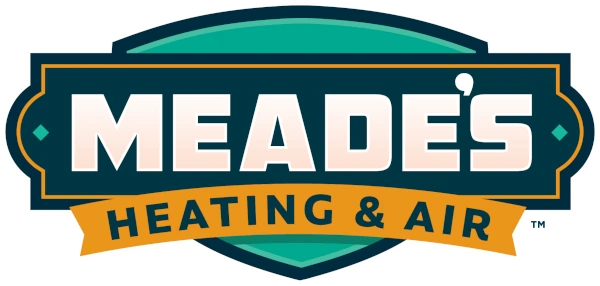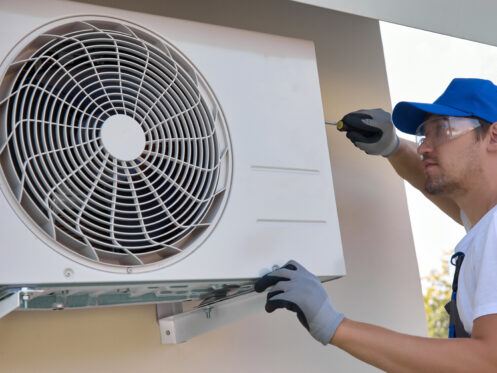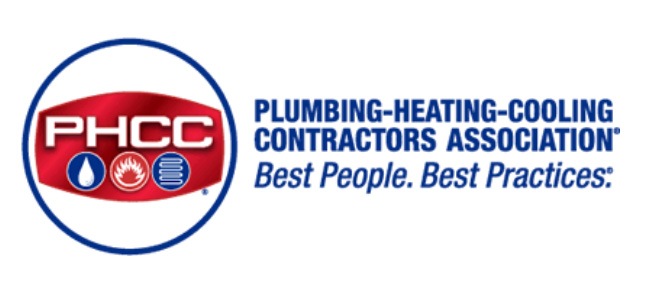If you have an old furnace in your home that you need to replace, you should always make sure to take some time to think carefully about your options. Simply installing a new furnace isn’t a bad choice, but upgrading to a dual-fuel HVAC system can potentially be a much better option. This article will explain why that is and discuss everything you need to know about dual-fuel HVAC systems and how they work.
What Is a Dual-Fuel HVAC System?
The most common type of central HVAC system consists of an air conditioner and a furnace. There are also heat pump systems, which are different because the heat pump provides both air conditioning and heating. A dual-fuel HVAC system consists of a gas furnace and an electric heat pump. While it may seem pointless to have both a furnace and heat pump, this type of system actually provides major benefits in terms of both comfort and energy efficiency.
How a Dual-Fuel HVAC System Works
Heat pumps are incredibly efficient and typically use around half as much energy as any other heating unit. The reason we say they typically do is that heat pumps don’t put out nearly as much heat as a gas furnace does. A gas furnace heats the air flowing through it to around 140 degrees Fahrenheit, which allows it to quickly raise the temperature inside the house. Heat pumps typically only heat the air to somewhere around 90 to 100 degrees, which means they take longer to raise the temperature in the home by 1 degree. A heat pump will usually put out plenty of heat to maintain the temperature and keep the home warm, but it will usually need to run for an hour or more if it needs to raise the temperature by 5 degrees or higher. The temperature of the air a heat pump puts out also decreases a bit when it’s much colder outside.
The energy efficiency of a heat pump also continually decreases as the outdoor temperature drops. Some units can continue putting out at least some heat in temperatures as low as -15 to -20 degrees. Nonetheless, a heat pump will always work much more efficiently and heat more effectively when the outdoor temperature is above freezing.
A dual-fuel HVAC system overcomes all these issues since the furnace will always switch on when needed to provide additional heating and raise the temperature much faster. If you have a heat pump alone, you usually won’t want to turn your thermostat temperature down when you leave for work. If you did, the heat pump would need to run for an unnecessarily long time once you turned the temperature back up. This would usually then lead to the heat pump using more energy overall per day than it would if you just left the thermostat at the same temperature all day and night. This isn’t an issue with a dual-fuel system since the furnace will immediately kick on as soon as you turn the heat up again. That way the temperature will quickly increase to where it should be. Once the right temperature is reached, the furnace will shut off and the heat pump will then run a few times an hour to maintain the temperature in your home.
There may also occasionally be times throughout the winter when it’s too cold outside for the heat pump to work efficiently or even work at all. In these situations, the heat pump would just shut off and the furnace would run as needed until it warms up enough outside that the heat pump can again work effectively.
One other thing to understand about heat pumps is that they always slowly freeze up any time it’s 40 degrees or colder outside. This means they need to occasionally defrost, which they do by switching to cool mode so that hot refrigerant flows through the heat pump to melt the ice on its coil. That means instead of transferring heat from outside into the home, they start pulling heat out of the home just like they do when running in air conditioning mode. Even though the defrost cycle usually only takes 10 to 15 minutes, the house can get quite cold in that time since the heat pump is actively cooling instead of heating. This is another advantage of a dual-fuel system since the furnace will turn on when the heat pump is defrosting so that the home stays at the same temperature. The furnace will then shut off immediately when the defrost cycle finishes and the heat pump again switches back to heat mode.
Pros and Cons of Dual-Fuel HVAC Systems
The only real downside to a dual-fuel HVAC system is that it will cost you more than just a standard heat pump system. However, this isn’t as big of an issue as it may seem. That’s because a standard heat pump system always requires an auxiliary or backup heat source to work in a colder climate. Most systems have electric heat strips that are installed inside the home and will run in all the same situations as a furnace in a dual-fuel system. These heat strips have much higher energy requirements compared to a furnace. That means your heating costs will usually be higher with a standard heat pump system than they would be with a dual-fuel system in a colder climate.
Choosing a dual-fuel system is an excellent choice since it will ensure that your home is always sufficiently warm while using less energy than a furnace or heat pump alone. This makes installing this type of system a great alternative to a furnace and air conditioner. With such a system, the heat pump will effectively cool your home all summer and allow you to heat your home for less in winter.
The only time that it may not make much sense to invest in a dual-fuel system is if you just need to replace your furnace and you have an air conditioner that’s still relatively new and works well. In this case, you’re sometimes better to just replace your furnace now and then install a heat pump whenever it comes time to replace your air conditioner. Installing a heat pump alongside your new furnace will still save you quite a bit of money on your heating bills.
If you are searching for a trustworthy, reputable and experienced HVAC company in Sterling or Northern Virginia, you have found us. As one of the area’s leading HVAC companies, you can count on Meade’s Heating and Air for your installation and replacement needs. We install furnaces, heat pumps, boilers, central air conditioners and ductless ACs and can help you find the best option for your home or business. We offer an extensive selection of new systems from only the best brands in the HVAC industry. Our certified technicians also have the knowledge and skills to repair all brands and models of heating and cooling equipment. If you want to schedule a consultation and learn if a dual-fuel HVAC system is an excellent choice for your home, give our team a call today.




